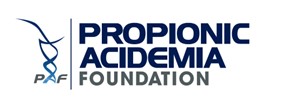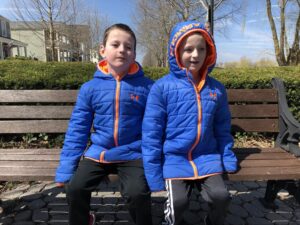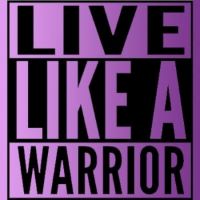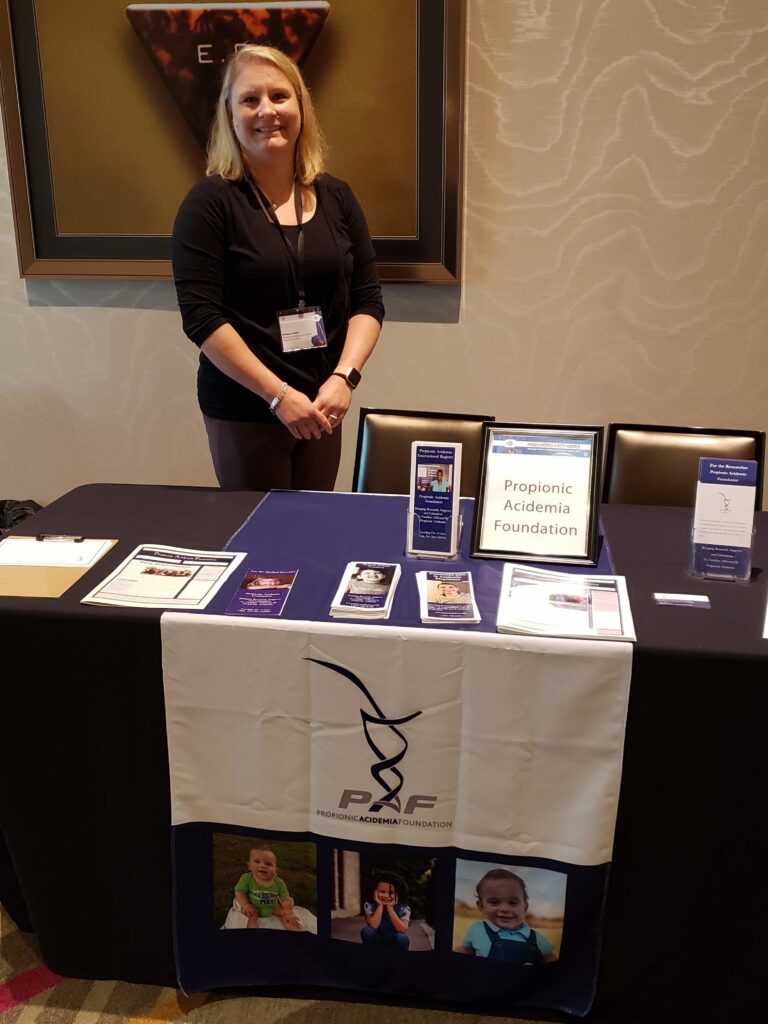
Patient Education and Support
Brochures
Adolescents and young adults with Propionic Acidemia (PA) face a
unique set of challenges but also incredible opportunities for
growth, independence, and advocacy. This guide was created to help
you and your family prepare for adulthood with confidence, clarity,
and support.


Gwen graduated from Athens High School in May, 2025. She just started a 1-year internship at O’Bleness Hospital through Project Search – a one-year transition program for seniors with disabilities offering training and internships that lead to competitive employment.
Students are supported by site managers, instructors, and job coaches, receiving feedback and ending each day with reflection and skill-building activities! Project SEARCH
has over 750 active sites globally,

Care Notebook
A Care Notebook is designed to help organize information in one place to help families, caregivers and providers.
Available in English and Spanish
Family Stories
Check out our Family Stories page!
If you would like to add your story to the Family Stories Page or submit it for the Newsletter, please email it to paf@pafoundation.com with a completed Photograph and Story Release Form – English or Photograph and Story Release Form – Spanish

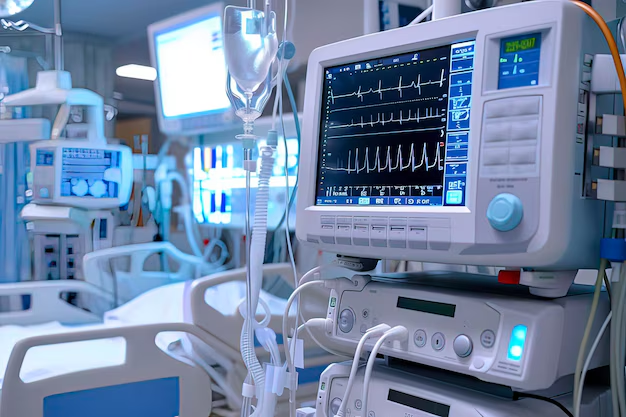
About PA
Propionic Acidemia: Charla en Espanol – by Carolina Galaretta, MD and Jennifer Myles, nutricionista with NIH
https://www.youtube.com/watch?v=ACXo6Aj0WT4
Propionic Acidemia Presentation by Claudia Soler-Alfonso in Spanish for PA Foundation (pdf)
About PA/MMA Tools Enabling Metabolic Parents Learning (TEMPLE) Guides from Nutricia

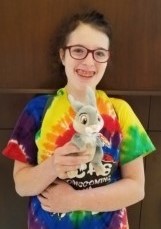
Children’s activity pages
Tips from parents and caregivers
- Tips from Parents and Caregivers
- Ask me 3 – recommendations for when you visit your doctor
- Welcome to Holland by Emily Perl Kingsley
- Mindfulness Meditation
Glossary
- Glossary of Commonly Used Terms
- National Human Genome Research Institute – Talking Glossary of Genetic Terms
The PA Family
Caring for those with Propionic Acidemia can be devastating; difficulties may include problems in understanding the disease, financial costs of the disorder and/or loss of income, finding resources to meet medical and family needs, and emotional and physical stress.
When PA strikes, the entire family feels the impact.
- Parents first cope with feelings of disbelief, hurt, and anger, which soon evolve into the daily physical and emotional stresses of caring for a very fragile child.
- Parent work schedules may have to be adjusted, or other arrangements need to be made for childcare at home and in the hospital.
- Siblings often feel anger and resentment as busy and tired parents have less time for them. They also may have mixed feelings when their sister or brother is in the hospital, and they are missing a parent or staying with friends or relatives. “It’s hard when Bella vomits, because my mom is stressed out very much. It’s hard when Bella is in the hospital because my mom has to stay with her, and I miss them very much. I love Bella and I want her to be always healthy.” – Luke 8, brother of Isabella 2
- Infections, such as a common cold, can result in a hospital visit. Every unscheduled hospital stay is terrifying as the outcome could mean organ damage or death. The family has to make decisions on which holidays and family events are “safe” to bring their child.
- Family outings and vacations are affected by the PA child’s condition and special precautions may need to be taken.
- The family kitchen soon becomes a laboratory for precisely weighing and measuring their medically prescribed low protein formula.
- The daily schedule is focused around the feeding schedule.
- Financial strains are felt by the family, because of extensive medical care and therapies.
Parents need to learn what they need to know about PA, medical insurance, state programs for respite/nursing, school, and transition. This is not an easy process.
If you are close to a family with PA, there are things you can do to help.
- You can make sure you wash your hands or use hand sanitizer every time you are near the child. Make sure the family knows if you are sick before they attend an event.
- You can bring or send meals to the family.
- You can help with transportation of a sibling or watching the sibling.
- You can visit the family when the child is hospitalized
- You can call to check in with the family.
Resource Guides (United States)
- Centers for Medicare & Medicaid Services
- National Center for Medical Home Implementation
- NICHCY – State Organization Search
- Family Medical Leave Act
- Nutrition Managment Summaries and FAQ in English and Spanish from SERN and GMDI
- Nutricia TEMPLE Educational Materials for Caregivers
- Transportation and Lodging
- Other Support Groups
